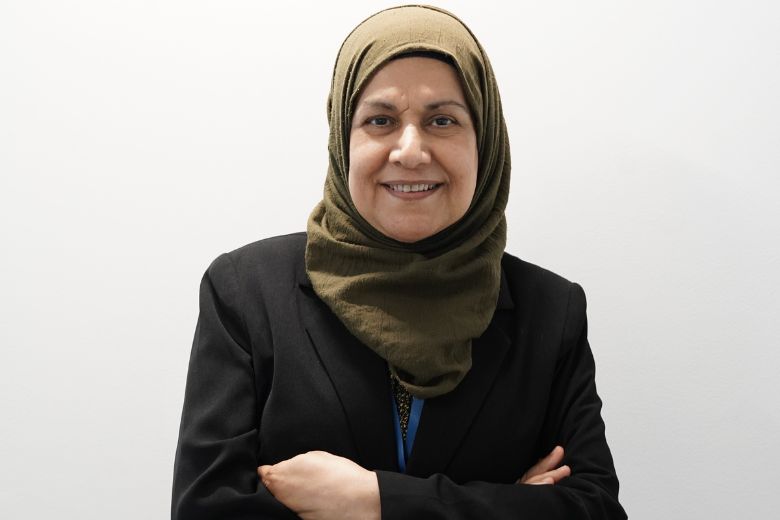Dr Nidhal Abdulaziz, Associate Professor, School of Engineering and Physical Sciences, Heriot-Watt University Dubai
In an era of technological breakthroughs, the role of women in engineering cannot be more pronounced. However, in the Middle East and North Africa (MENA) region, there persists a gender gap in the fields of science, technology, engineering, and mathematics (STEM). This gap can be addressed by providing girls with the right resources and high-quality STEM education. On International Women in Engineering Day, Dr Nidhal Abdulaziz, Associate Professor, School of Engineering and Physical Sciences, Heriot-Watt University Dubai, sheds light on the pivotal role of education in empowering future women engineers in MENA.
Only 35% of global STEM students are women in higher education
Middle Eastern governments and organisations understand that a strong base in science, technology, engineering, and mathematics is important in advancing local research and development, leading to innovations in various sectors that contribute to the region’s overall growth. According to UNESCO, only 35% of global STEM students are women in higher education. However, 57% of STEM graduates in the MENA region are women, rising to 61% in the United Arab Emirates (UAE).
The inclusion of women in engineering can drive innovation and improve productivity. STEM education builds confidence and equips women with critical thinking and technical skills. It opens up diverse and lucrative career opportunities for women, which leads to better problem-solving and more creative solutions. Various successful programmes in the MENA region encourage young girls to pursue careers in STEM. Arab Women In Computing (ArabWIC) is one such initiative that supports the participation of Arab women in computing and technology.
The UAE government has also introduced various initiatives to promote STEM education. The UAE’s Vision 2021 targets a knowledge-based economy that is driven by STEM. Another such initiative is ‘Innovation and Entrepreneurship’, which was introduced in higher education institutes across the UAE to help foster innovation and scientific inquiry, focusing on increasing female participation.
Heriot-Watt University (HWU) also offers scholarships at undergraduate (UG) and postgraduate (PG) levels to promote women in STEM. For instance, at the UG level, HWU offers a four-year scholarship programme as part of the 1821 Appeal: Mary Burton Project to 40 women in STEM. At the PG level, there is a scholarship called Funds For Women Graduates (FFWG) grants for women studying or researching for a postgraduate degree or PhD. At our Dubai campus, the Edinburgh Business School – Shaping ‘Women Entrepreneurs’ Scholarship is awarded to females residing in the GCC. Such initiatives promote STEM education, which is essential for harnessing technological innovation.
Despite the progress made, there is still much work to be done
Despite the progress made, there is still much work to be done. Public awareness campaigns, community workshops, and inclusive educational policies can help shift perceptions and encourage more girls to consider engineering as a viable and rewarding career path. Accessible and high-quality STEM education has become imperative for empowering future women engineers in the MENA region. By continuing and expanding these efforts through investments, the MENA region will unlock the full potential of its female population, enabling innovation, economic growth, and social transformation.
















